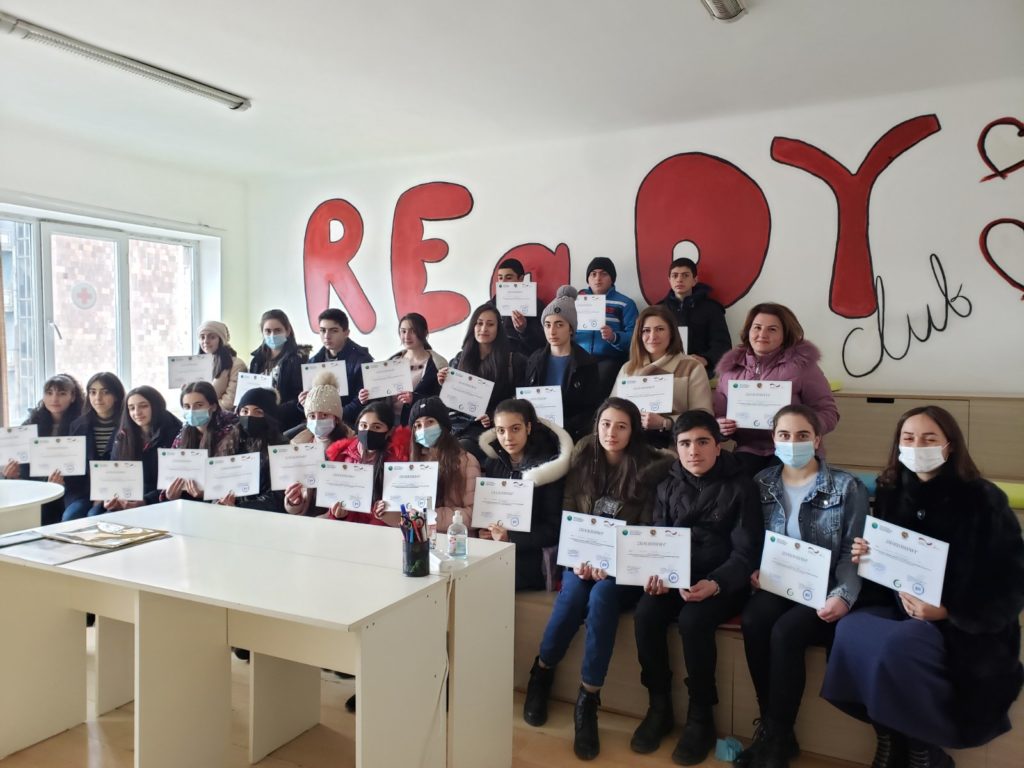Restoration of Riparian Zones in Armenia
Covid-19 Response Project
The main mission of the project is to contribute to 15th program of the RA Government addressed to neutralizing the socio-economic consequences of COVID-19 and ensuring its continuity in Gegharkunik Region.

Completed


“Restoration of Riparian Zones in Armenia” Covid-19 response project is implemented by the German Corporation for International Cooperation (GIZ), Ministry of Environment of RA and Ministry of Terrirorial Administration and Infrastructure of RA in collaborative efforts supported by “ISSD” Innovative Solutions for Sustainable Development of Communities” NGO, “Blejan” NGO and “ATP” charity foundation.
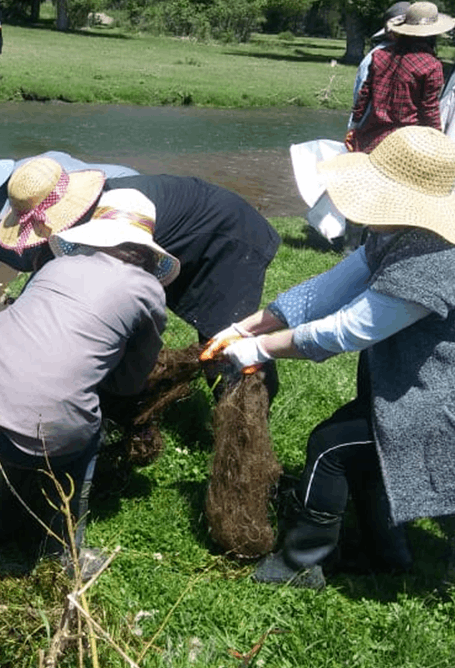

Cleanups
The most vulnerable groups of the communities were involved in the clean-ups: people who have deprived from the main source of family income, war IDPs from Nagorno Karabagh and females whose employment in the beneficiary communities reaches a very low scale were engaged in the project.
ISSD NGO has coordinated the following components of the project:
- Clean-ups of riparian zones in ten communities of Gegharkunik region and designated areas of Sevan National Park;
- Waste sorting and recycling;
- Environmental trainings and practical meetings for ensuring the sustainability of the project;
- Work with local authorities and others.
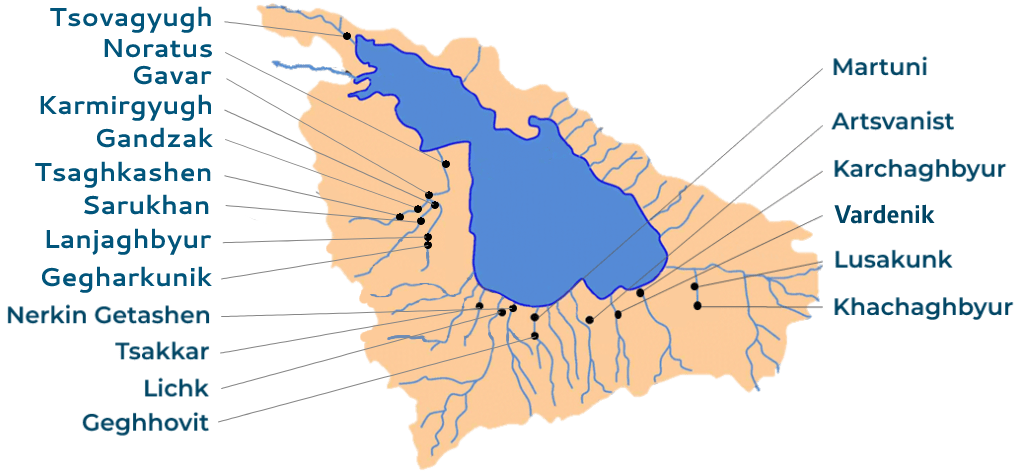
Stage 1: Lichk, Tsakkar
Stage 2: Artsvanist, Lusakunk, Khachaghbyur, Karchaghbyur
Stage 3: Martuni, Vrdenik, Geghhovit, Nerkin Getashen
Stage 4: Tsaghkashen, Gegharkunik, Lanjaghbyur
Stage 5: Noratus, Martuni, Nerkin Getashen
Stage 6: Tsovagyugh, Gavar, Gandzak
Stage 7: Sarukhan, Karmirgyugh


Trainings & Sustainability
Conducted thematic trainings have played a huge role in completing the mission of the project and ensuring its continuity. The trainings were directed to increasing environmental awareness of the communities and locals, showing the direct connection between negative impact of ecological issues and aggravation of life quality. The trainings also aimed at teaching new skills to the locals. During the trainings the participants gained new knowledge about waste, effective and safe ways of waste collection, which ensures not only greener environment but creates new income sources for the locals through waste sorting and recycling, reusing (giving second life to the items which seem useless from the first sight) waste by creating jewelry, household items, décor and so on. Trainings were conducted for participants of clean-ups as well as for other representatives of Gegharkunik region.
Before and After
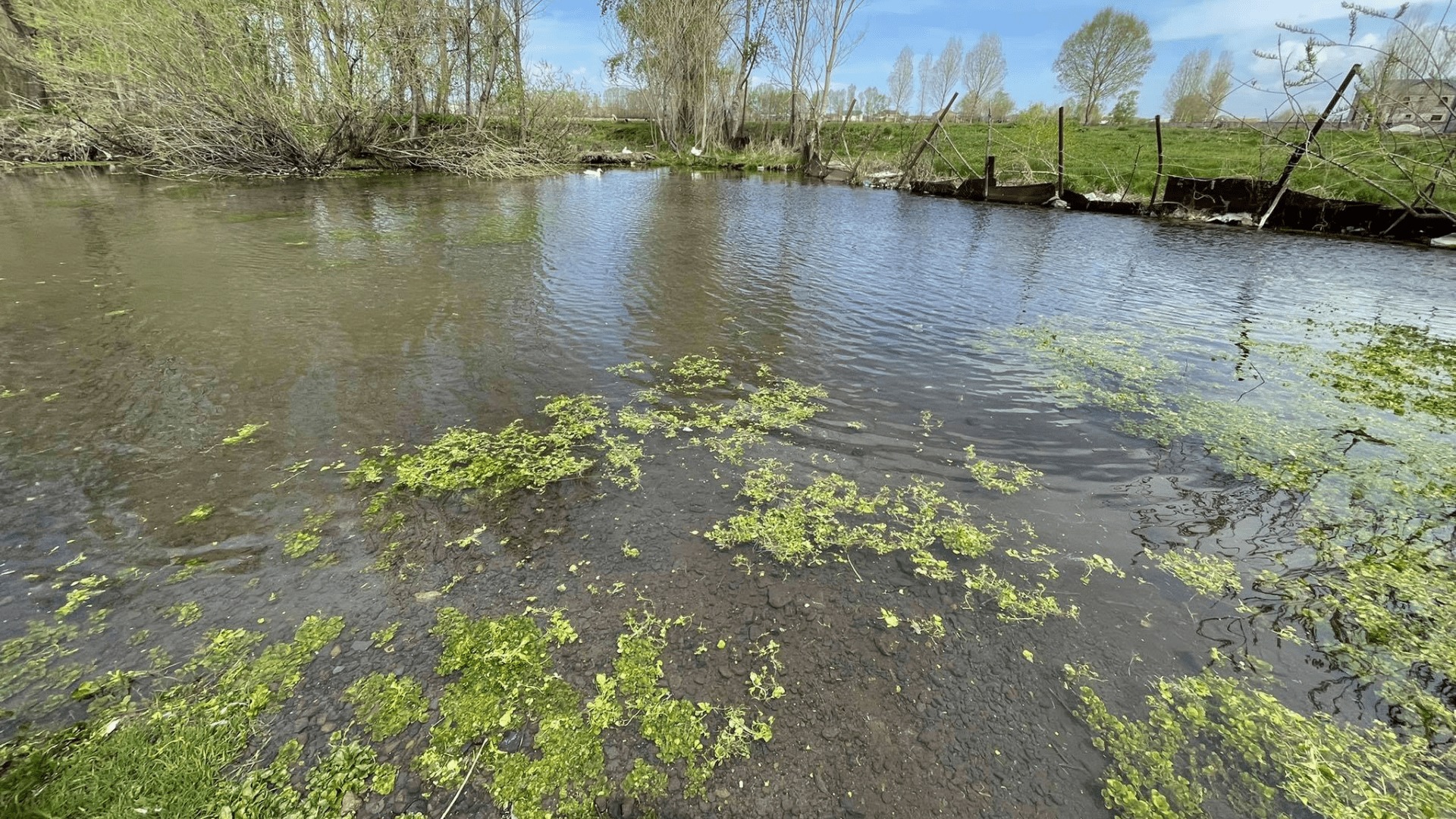
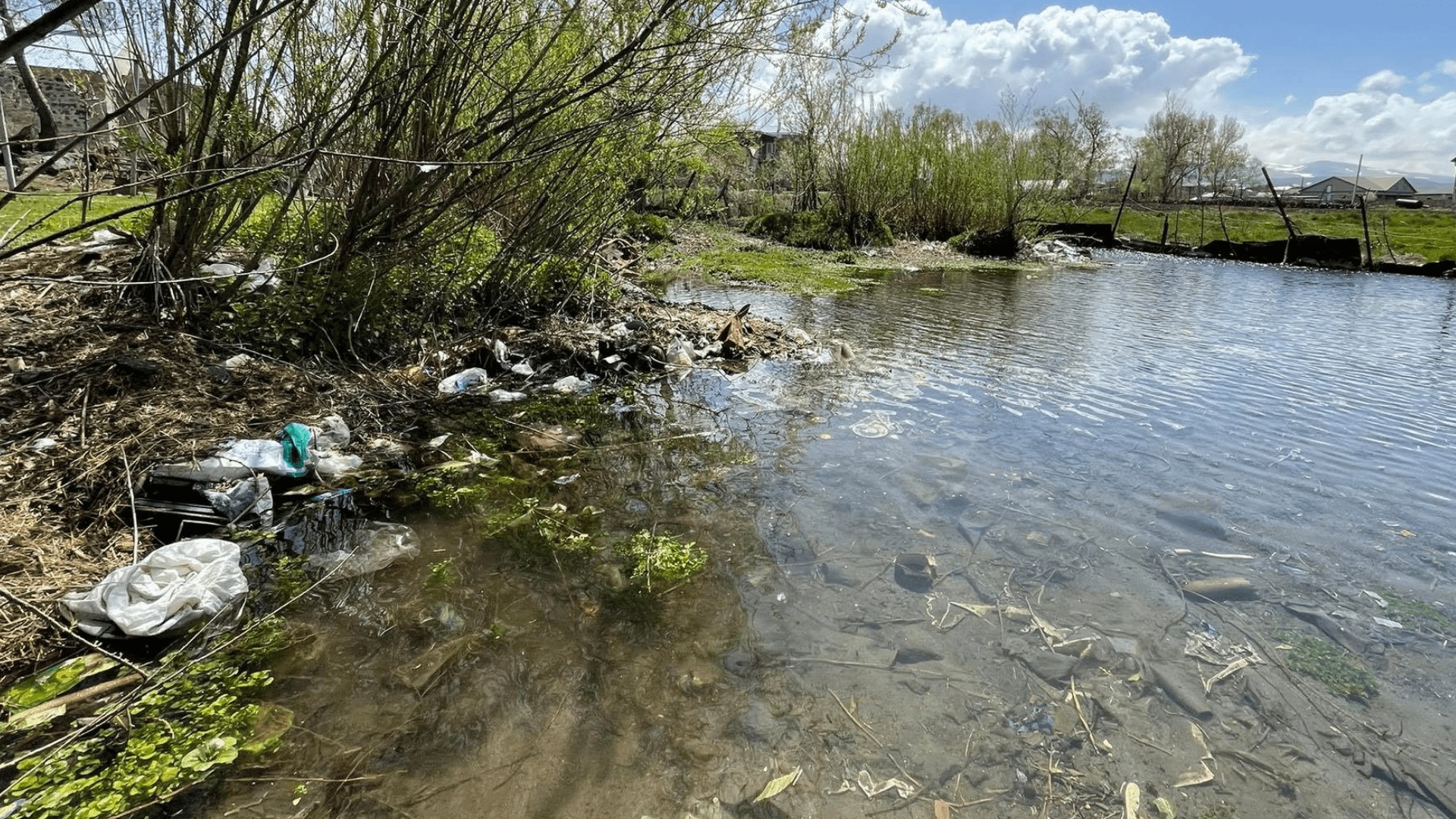


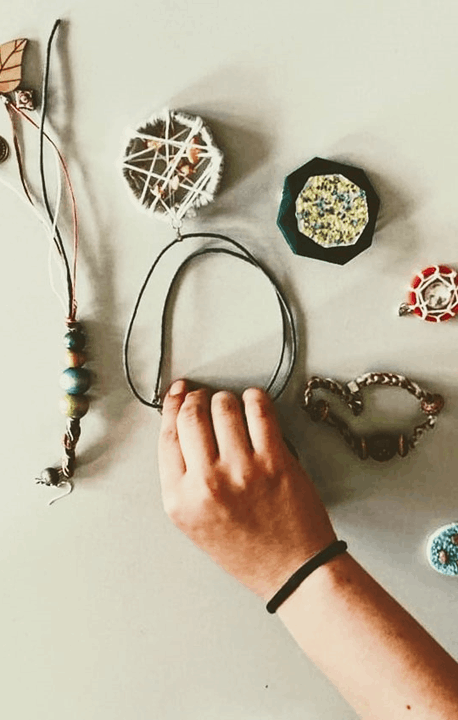

Exhibition
“The second life of waste”
An open-air exhibition “The second life of waste” was organized in Artsvanist community. During the exhibition the items created by the participants of trainings conducted in the frames of the project were displayed, as well as the “treasures” found in the rivers during the clean-ups in ten communities. Also series of photographs taken in the beneficiary communities were displayed. People involved in clean-ups, representatives from student and teaching staffs, Sevan National Park and local authorities, project implementing organizations and local non-profits, press were present during the exhibition. In total 169 people, who were also given an opportunity to participate in practical workshops for “giving second life to waste”, participated in the exhibition.
Trainings in Ecology and Green Entrepreneurship
In order to sustain the positive results of the clean-ups, a set of environmental and green entrepreneurship trainings have been organized for the residents of Gegharkunik region. Main goals of the trainings are to raise public awareness, promote “green” lifestyle and the importance of circular economy.
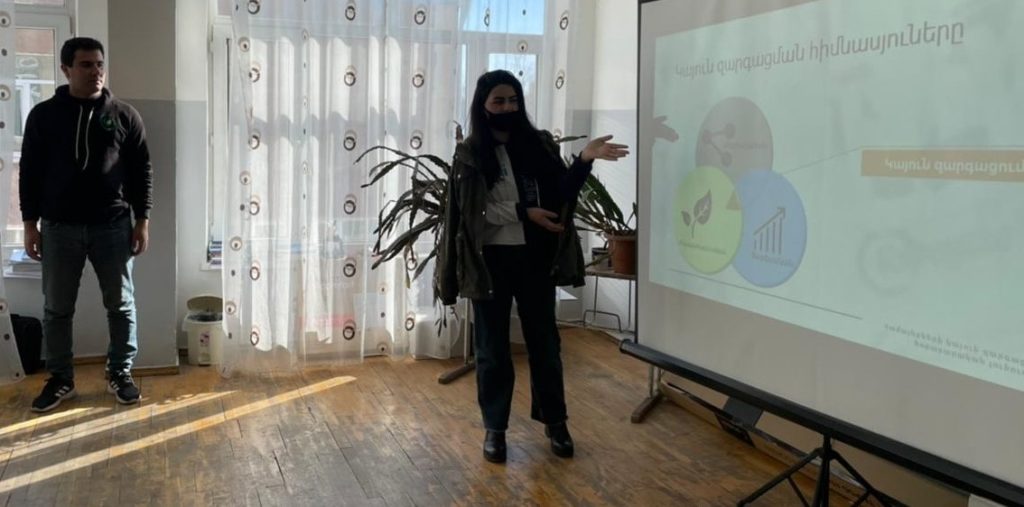
The stakeholders of the clean-ups, the students of the educational institutions and cultural centers, representatives of the local self-governments, the residents interested in environmental protection and others were involved in the trainings.
During the trainings the participants learned about the connection between the nature and human and its importance. They learned about the steps needed to switch from linear to circular economy and how it positively impacts the environment. The trainings focused on promoting innovative ideas for launching green enterprises, teaching marketing techniques which create more responsible citizens who practice “green” lifestyle.
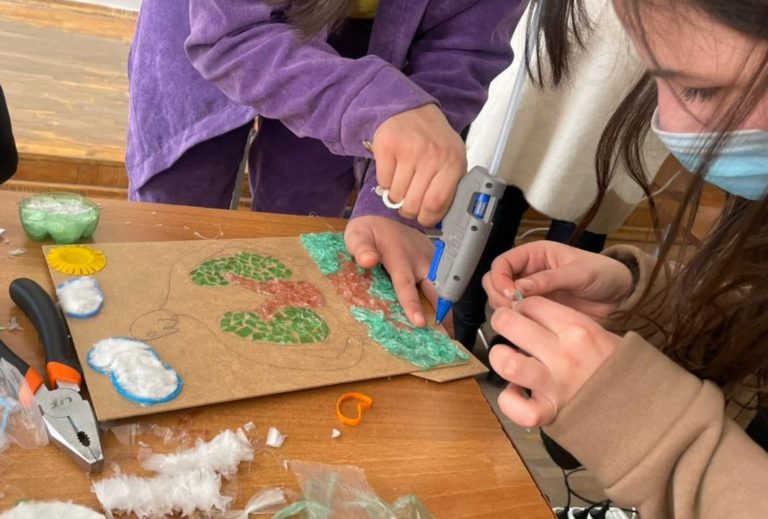
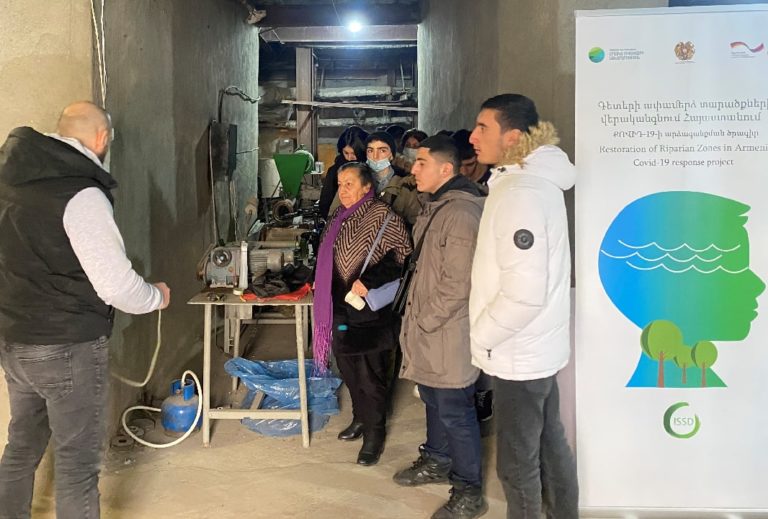
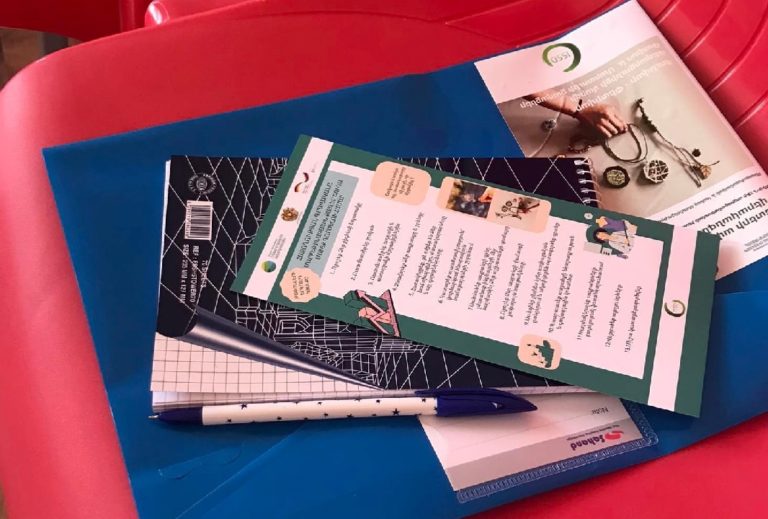
The participants were shown several ways of creating art samples from waste, as a result of which participants made different art prices that are presented during exhibitions and events within the framework of the project.
During the last stage of the trainings, the participants visited recycling station where they got acquainted with the main process of recycling. They learned how different types of plastic are sorted, what recycling stages the raw materials undergo, what kind of items are produced from recycled plastic in Armenia.
